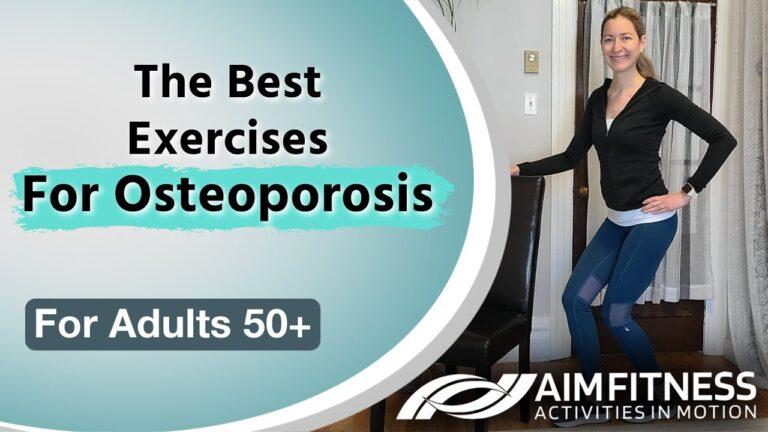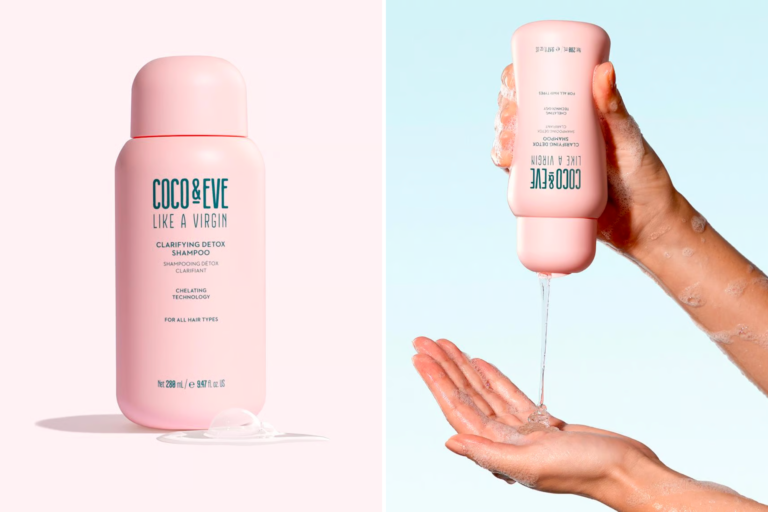According to the Asthma and Allergy Foundation of America, roughly 50 million Americans suffer from nasal allergies—and that number has increased two to threefold since the 1970s.
Over-the-counter antihistamines can help manage symptoms, but they’re not always cure-alls!
Because of that, we’ve rounded up 7 natural ways experts (and science) suggest treating seasonal allergies to help get you some much-needed relief.
1. Boost Your Probiotic Intake
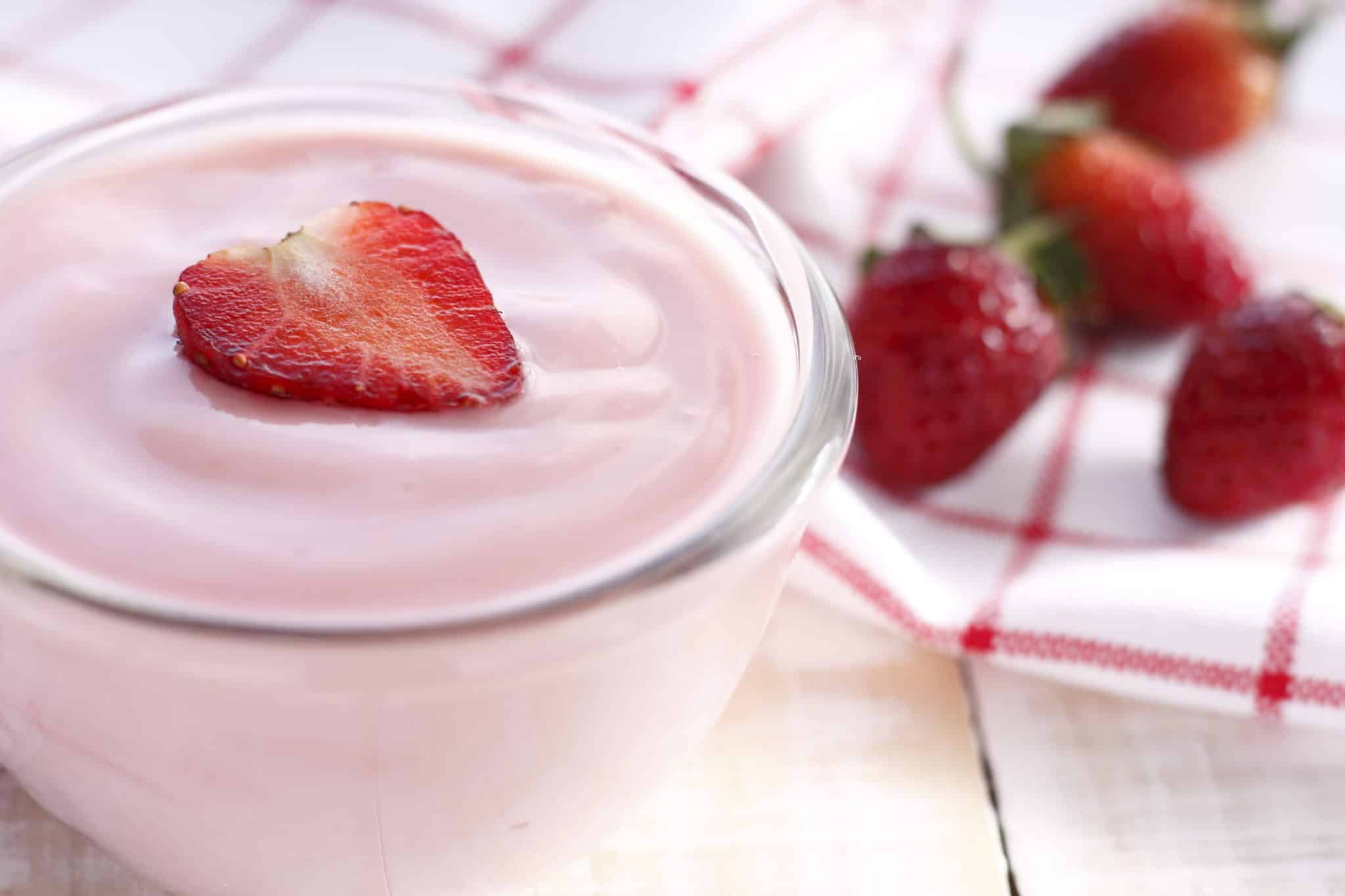
Studies published in the American Journal of Clinical Nutrition and the North American Journal of Medicine and Science show that increased probiotic intake can help curb nasal allergy symptoms (also known as allergic rhinitis or hay fever).
The former study found that probiotics might increase the human body’s percentage of regulatory T-cells, which can improve tolerance to hay fever symptoms. Fermented foods are the main source of probiotics.
The most common foods rich in probiotics include:
- Yogurt
- Cottage cheese
- Buttermilk
- Kefir
- Saurkraut
- Kimchi
- Miso
Maintaining a healthy gut can also help promote your body’s production of short-form fatty acids (SCFAs), which contain anti-inflammatory properties that improve the immune system’s response to allergens.
2. Shower or Bathe at the End of the Day
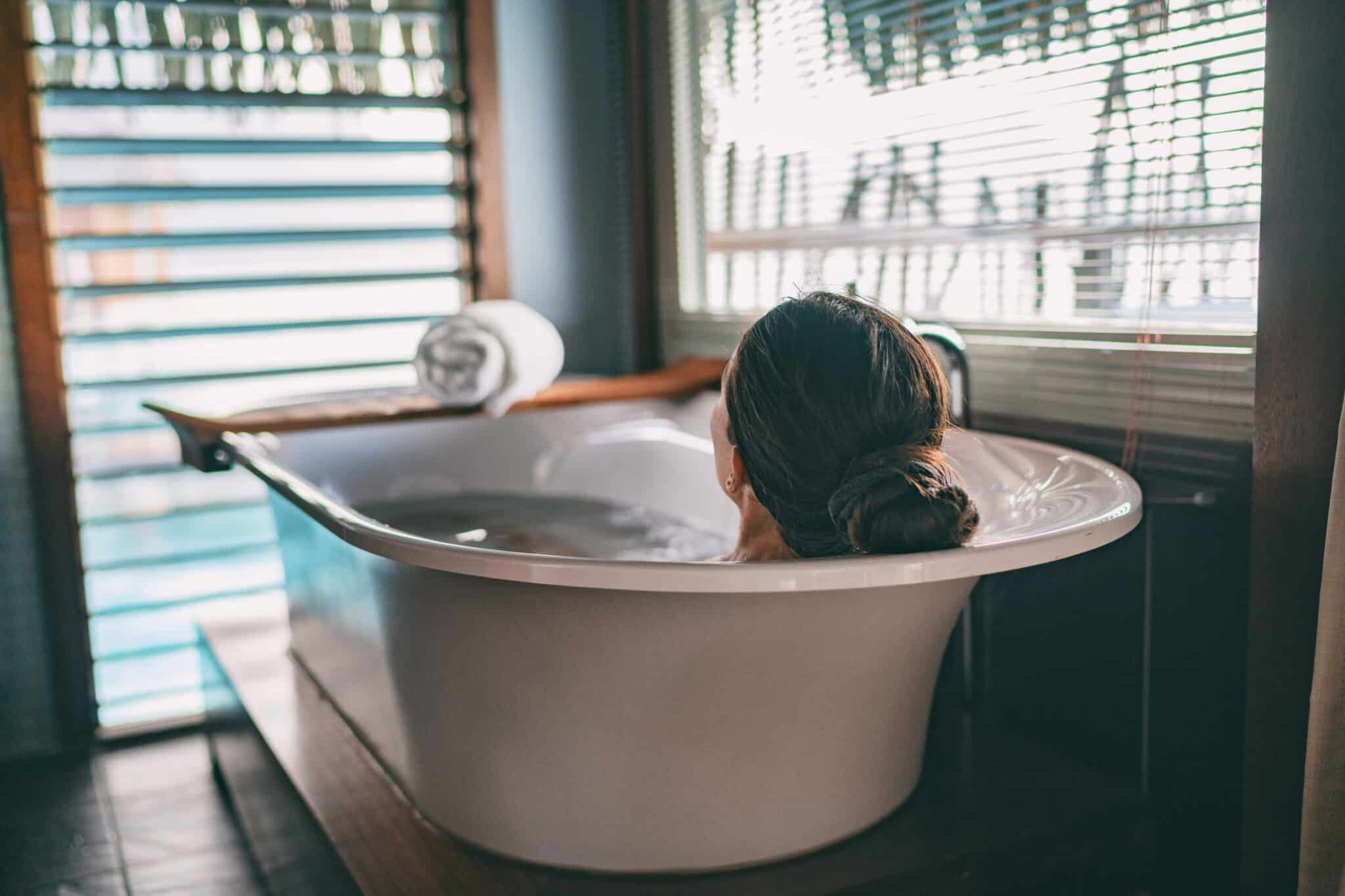
Whenever you enter your home from outside, you’re dragging in allergens with you. Showering or bathing at the end of the day helps wash away allergens that can get trapped in your eyelashes, ears, skin, or hair. The hot steam can also help open up nasal passages and relieve congestion.
Be sure to change into fresh clothes, too—particles can hang around on your shoes, shirts, pants, jackets, hats, or anything else you wear outdoors.
3. Flush Your Sinuses
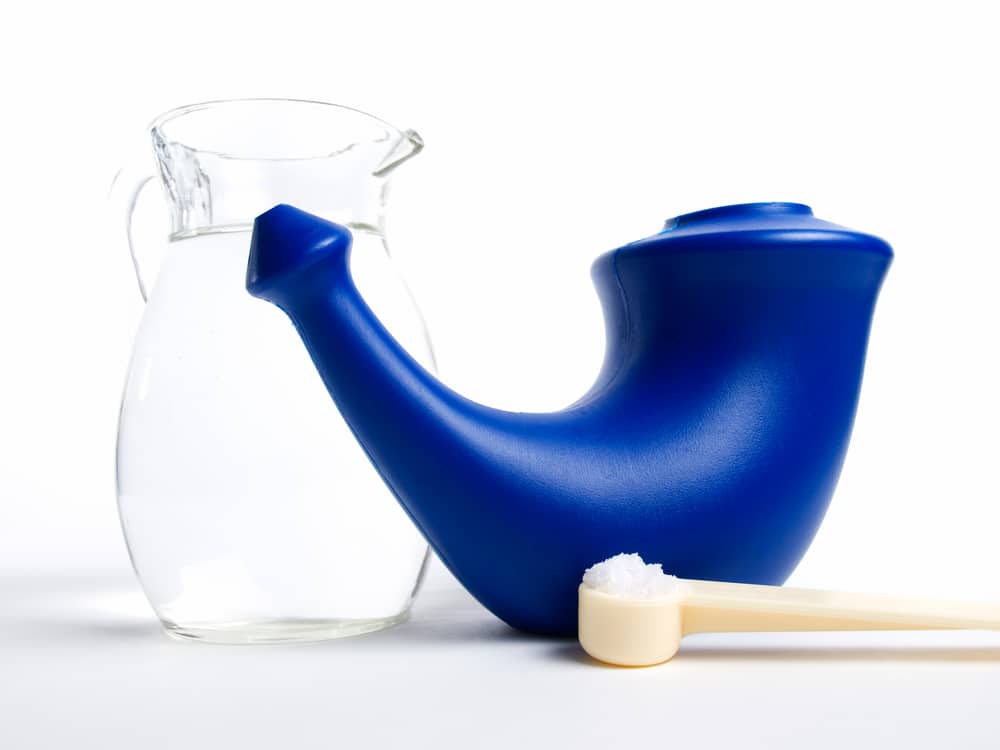
Whether you use a neti pot or a squeeze bottle, research shows that nasal irrigation can help combat nasal allergies. It can help flush away bacteria, thin mucus and reduce postnatal drip.
No matter which method you choose (a neti pot, bulb syringe, etc.), you’ll want to gently flush one nostril at a time over the sink with a saline solution until it comes out of the other side.
If you suffer from chronic allergies, a neti pot is a good option to consider. You can purchase one at most pharmacies or drugstores, and it includes instructions on preparing the saltwater rinse.
You can also try a saline nasal spray to help clear out your nasal passages.
4. Exercise

It may be the last thing you want to do when suffering from allergies, but it can help!
Research has found that moderate-intensity exercise can significantly improve allergic rhinitis symptoms. Moreover, exercising improves blood vessel circulation in your nose—so you may actually find relief from your nasal congestion.
Try walking or jogging for 30 minutes or go for a quick bike ride—your nose will thank you.
5. Allergy-Proof Your Home

One of the best ways to ease seasonal allergy symptoms is to keep up with household cleaning to keep your indoor air allergy-free!
Here are some tips for keeping your home as allergy-free as possible:
- Don’t let your laundry air-dry outside since it can pick up pollen and mold.
- Try not to use scented detergents or cleaners, as they are considered allergy triggers.
- Vacuum at least once a week to help remove dust and other allergens, such as pet dander or pollen that’s found its way inside.
- Scrub bathroom tiles regularly to avoid mold build-up.
- Keep the windows closed to stop allergens from blowing into the home.
- Update your HVAC system with a HEPA filter. It’s one of the best air filters for allergies since it removes at least 99.97% of dust, pollen, mold, bacteria, and airborne particles.

Allergy symptoms occur when your body releases histamine in response to an allergen. Vitamin C steps in to naturally reduce the amount of histamine you produce. Research suggests that histamine levels can be reduced by around 38% after taking 2 grams (or 2,000 mg) of vitamin C!
Vitamin C is also believed to help reduce inflammation and mild allergy symptoms such as sneezing, runny nose, congestion, and watery eyes.
The recommended daily dose of vitamin C is 2,000 mg per day.
You can take a vitamin C supplement or eat vitamin C-rich foods, including:
- Bell peppers (especially red)
- Red and green chili peppers
- Dark green leafy vegetables (kale, mustard greens, brussels sprouts, broccoli)
- Potatoes
- Citrus fruits
- Guava
- Kiwis
- Strawberries and blackberries
- Lemon and limes
7. Give Acupuncture a Try
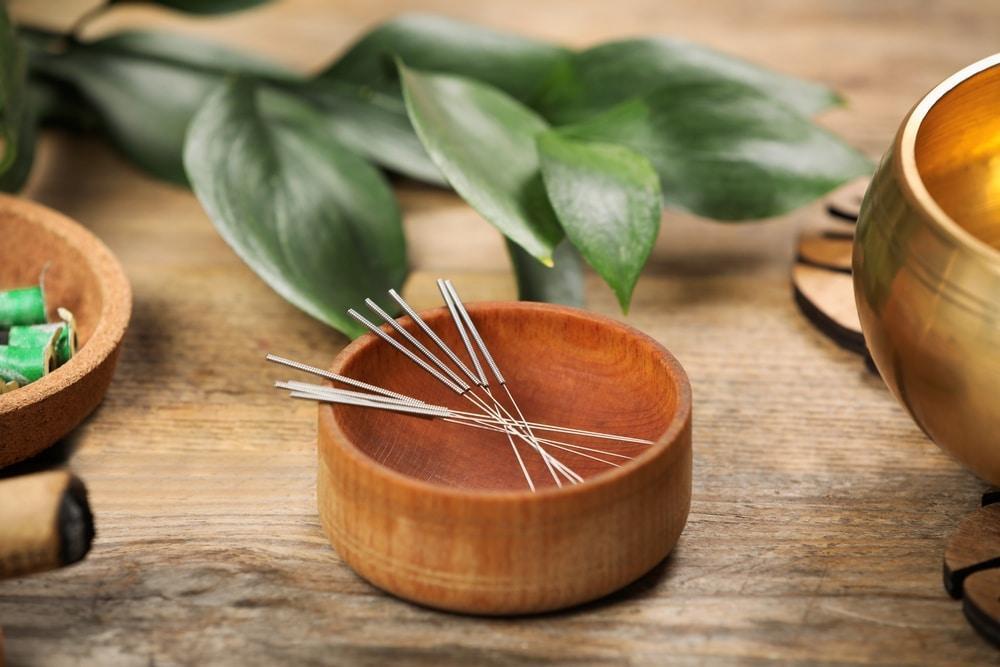
It’s true—research suggests that acupuncture helps relieve nasal allergy symptoms!
A research review published in the American Journal of Rhinology & Allergy looked at 13 studies with more than 2,000 participants and found that acupuncture significantly reduced nasal symptoms and the need to take medication. Participants also had higher quality-of-life scores.
While research is still ongoing, the current findings suggest it’s worth a shot!
If you’ve tried medication and natural remedies but still struggle with allergies, it’s best to contact your doctor for medical advice and the best treatment plan for your symptoms.
14 Health Benefits of Cucumbers (And a Few Refreshing Recipes)
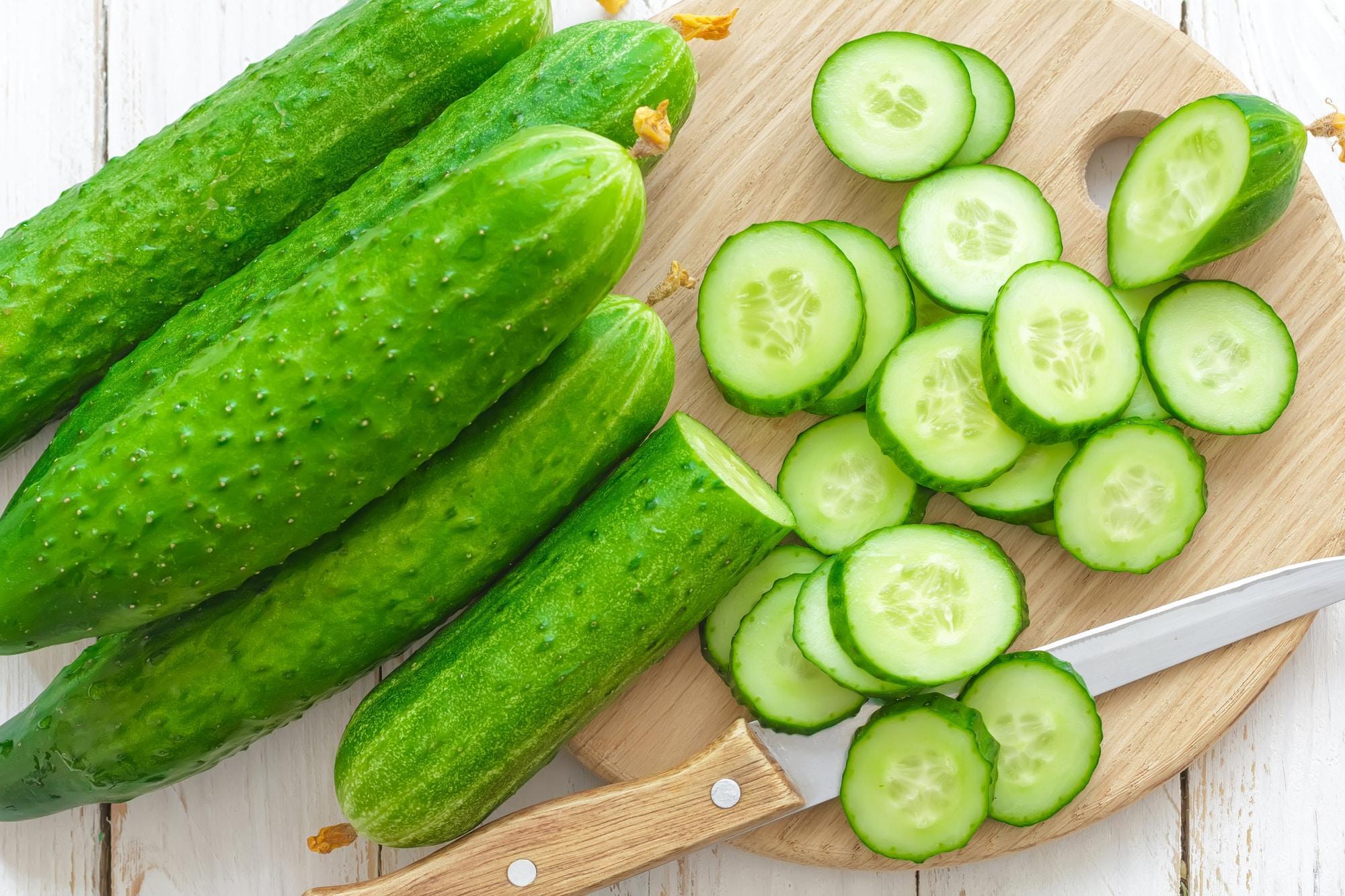
From healthy skin to improved memory, check out the top 14 health benefits of cucumbers!
And if you’re lucky enough to have a load from your garden or farmers market on hand, you’ll definitely want to check out some of our favorite cucumber recipes, too.
14 Health Benefits of Cucumbers (And a Few Refreshing Recipes)
7 Best Supplements For Menopause Weight Gain

Menopause—typically diagnosed after you’ve gone 12 months without a period—can occur in your 40s or 50s, but the average age is 51 for women in the United States.
For many women, menopausal weight gain is a real issue. The silver lining? It’s normal! But with the right diet, lifestyle, and menopause supplements, it doesn’t have to be.
7 Best Supplements For Menopause Weight Gain
Yoga For Anxiety: 6 Best Poses To Give You Relief

Yoga teaches you to find the calm within your breathing. It teaches you how to find a position (an “asana”) and stay in the moment—the here and now. It helps you harness an inner calm no matter what is happening around you or your anxieties for the future.
These poses will help ease your anxiety and give you relief!
This content was originally published here.
















